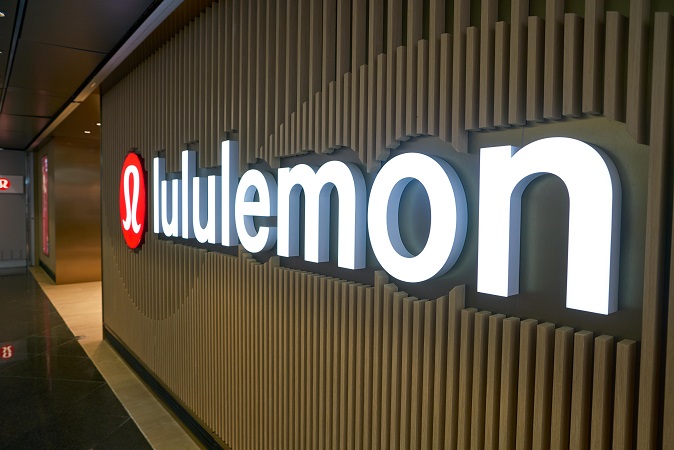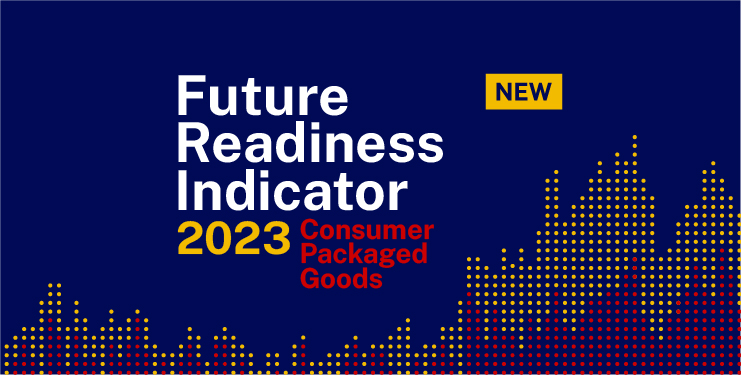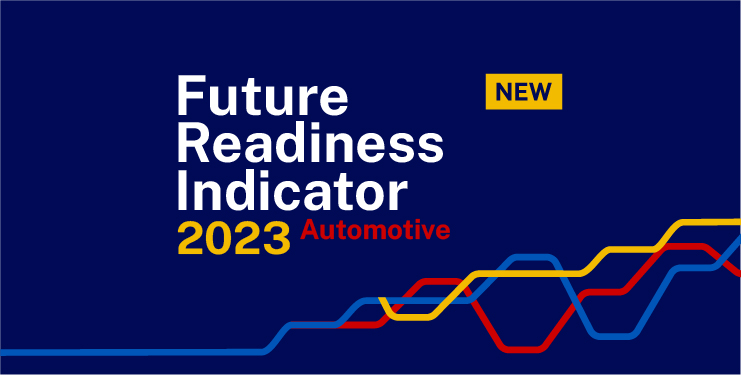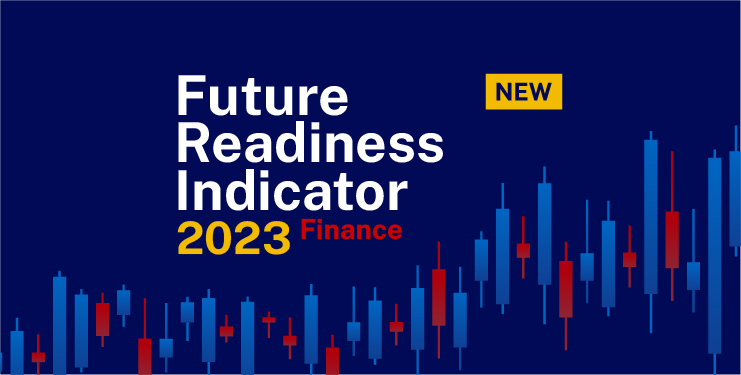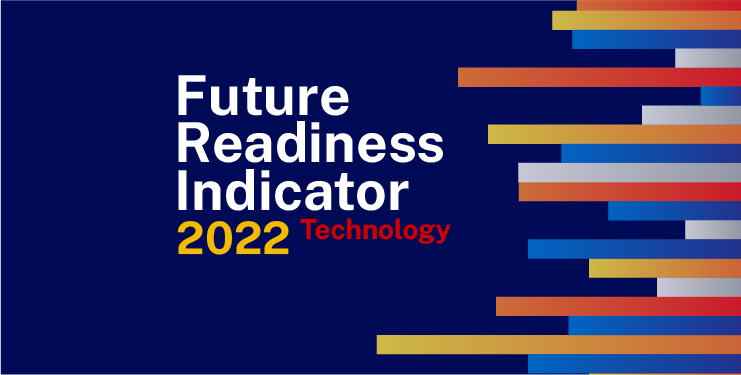IMD business school for management and leadership courses



How Can I Make My Business Future-Ready?
The last few years have been a stress test, exposing which companies are future-ready and which ones are not. COVID-19 exposed those who just talked, but never really did anything and who experimented a little bit, but did not commit. For companies like Nike and Lululemon, who scaled their capabilities prior to the pandemic to build ongoing relations with consumers, sales are on fire. Those not sufficiently paranoid to prepare for the future find themselves in dire financial straits. Future readiness is resilience and there’s no better time to be prepared than now.
In tech, Microsoft has a healthy paranoia about what could go wrong, but that doesn’t stop it from trying new things. Their growth mindset, paired with deep pockets, is what turned that company around and allowed them to continue to thrive as the world turned to a hybrid working model.
So now you know the stakes, where do you start?
IMD’s Center for Future Readiness, led by LEGO® Professor of Management and Innovation Howard Yu, released The Future Readiness Indicator, a first-of-its-kind tool designed to measure a company’s readiness for deep, long-term, secular trends. Using a rule-based methodology to arrive at a composite score for each company The Future Readiness Indicator identifies industry leaders in automotive, financial services, technology, and fashion. We can then investigate a company’s behaviors and attitudes.
So how can your organization join the likes of Tesla, Mastercard, Alphabet, and Lululemon (earning the top stop in their respective categories)? If you fail to act, you are poised to end up more like Hanes, Sony, American Express, and Renault (at the bottom of our lists).
Often, the reasons a company wins or loses are outside its own control. That’s why as the late Intel CEO said “only the paranoid survive.” It takes an inner insecurity that propels a CEO to become forever vigilant. Being vigilant means that you do everything to prevent disasters despite having a strong viewpoint on how the future will look based on your best educated guess. You build in a buffer for the worst-case scenario.
The fear of losing in the near term is very real, but the threat of losing relevance looms even larger. That’s why becoming future-ready is straightforward, but it takes courage to drive it. When we talk about future-ready companies, what are we really talking about? It is how much organisations have already stepped up and built up capabilities that are most relevant to future competition.
At IMD’s Center for Future Readiness, we like to take a quantitative approach, using only hard market data, to arrive at a composite score. Avoiding survey bias, we focus on measures that have been shown to fuel innovation, and we look at the financial health of a company and its growth prospects. We also review employee diversity, brand value, and the degree of internationalization.
In the automotive sector, for example, semiconductor shortages exposed companies that were not prepared. According to our indicators, Tesla is far and away the most future-ready company in the sector. Not many automakers have mastered deep knowledge around software as well as electronic components, but some have. This is what we mean by becoming future ready ahead of time – when a company has already scaled new capabilities relevant for future competition.
These rankings are not set in stone and in many cases, a company’s fate is not yet determined. Ford held the top stop in our Future Readiness Indicator in 2017 and it was General Motors back in 2010. It’s nearly impossible to make forecasts these days and still harder to align your supply chain. There are too many possible scenarios. Anything can happen. So stop predicting the future, make it.




